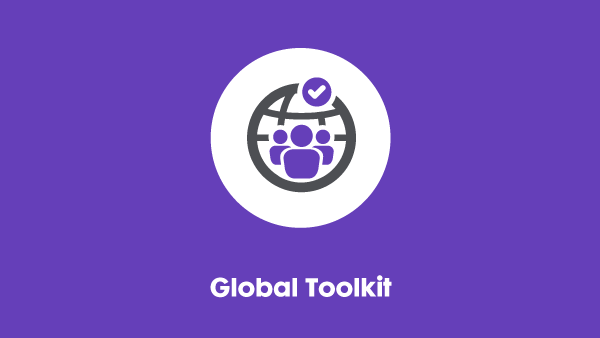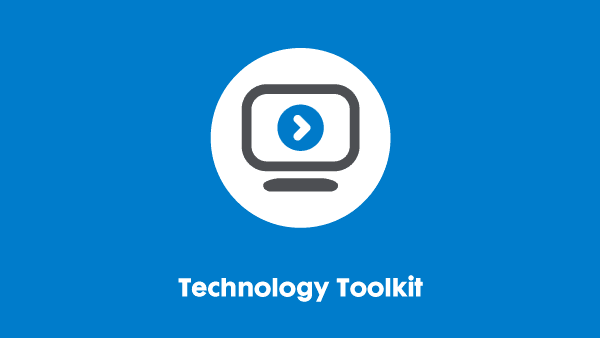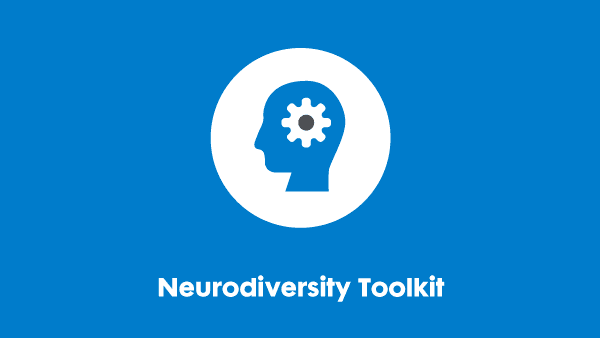Global Symposium 2021
Business Disability Forum hosted our first-ever global symposium “Fresh Perspectives on global disability inclusion”, thanks to the generous support of our Partner HSBC.

Business Disability Forum hosted our first-ever global symposium “Fresh Perspectives on global disability inclusion”, thanks to the generous support of our Partner HSBC.

In this resource, we examine topics that global organisations may find helpful to include in their self-assessment.

Climate change affects us all – but disabled people are disproportionately affected.

How ESG reporting can be used as a tool to promote disability inclusion.

This guide is for people who are producing Excel 2010 (or later) documents for internal circulation, to upload to the Internet, or to load into Adobe presentations.

This guide is for people who are producing PowerPoint documents for internal circulation, to upload to the Internet, or to load into Adobe presentations.

This guide is for people who are producing PDFs documents for internal circulation, to upload to the Internet, or to load into Adobe presentations.

This guide is for people who are producing Word documents for internal circulation, to upload to the Internet, or to load into Adobe presentations.

In this page, we offer our reasoning and high-level advice as to how to raise digital accessibility awareness.

Our Annual Conference, sponsored by NatWest, took place on 28 June 2023 online and in-person at the NatWest Conference Centre in London.

An introduction to some key terms and basic tools to understand neurodiversity.

Catherine Casserley specialises in discrimination and equality, employment and human rights law.